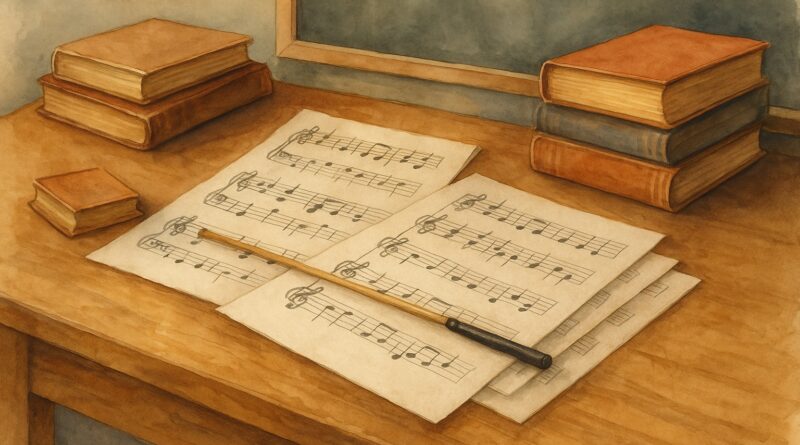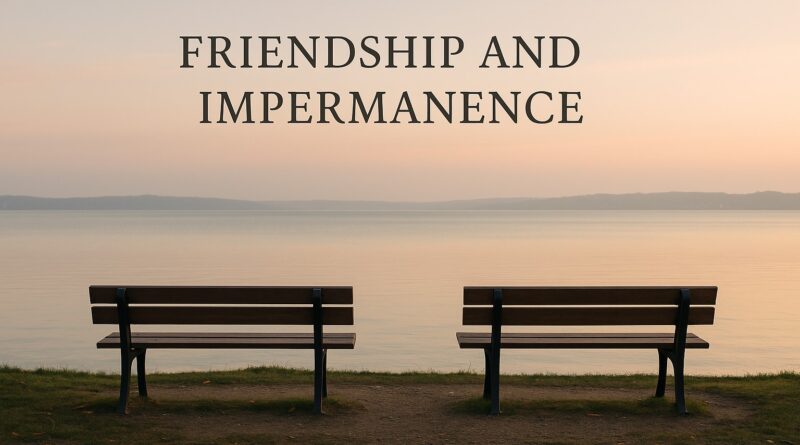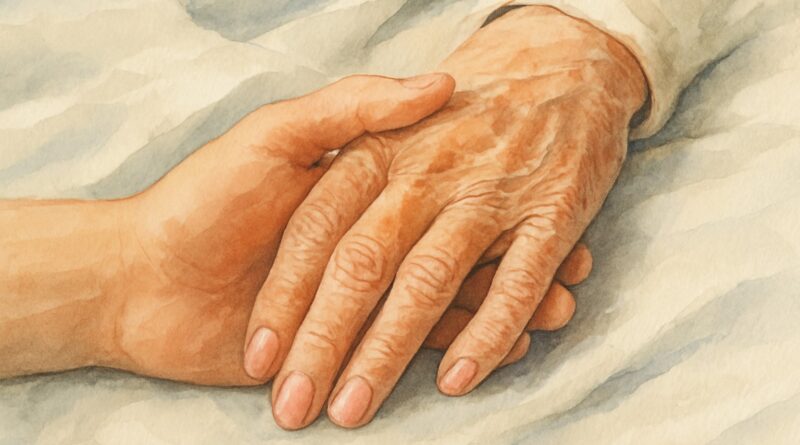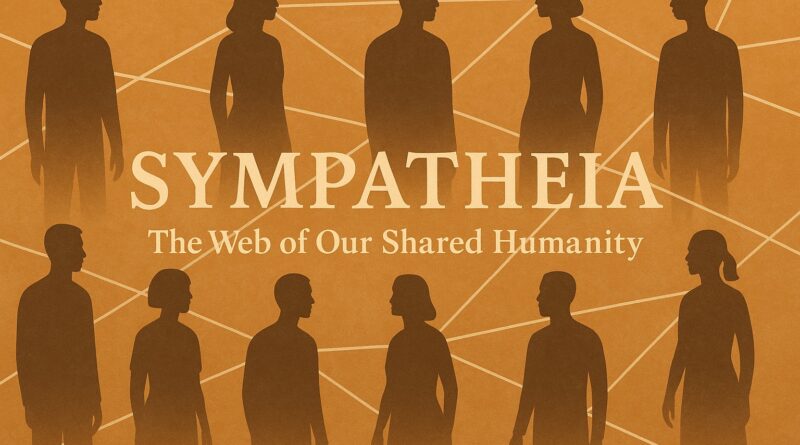Living the Last Best Moment
Greta Gerwig once said, “You don’t know when the last time of something happening is. You don’t know what the last great day you’ll spend with your best friend is. You’ll just know when you’ve never had that day again.” That line has echoed in me ever since I first heard it. It captures both the sweetness and fragility of the present moment.
The Stoics knew this well. Marcus Aurelius warned against drifting into tomorrow, reminding himself that life is lived only in the day at hand. Seneca told us that we waste time as if it were endless. For them, attention to the present was not a poetic thought. It was survival. It was also the way to live a life worth remembering.
I think of an afternoon long ago with my friend Jim, shooting pool at his parents’ house. Or a fall day on a golf course with my friend Mike, pausing to look over Moss Lake together. Neither seemed extraordinary at the time. Yet they have stayed with me as “last great days.” The lesson is clear: if I want to live fully, I must live here, in this moment, as if it could be the last best one.








